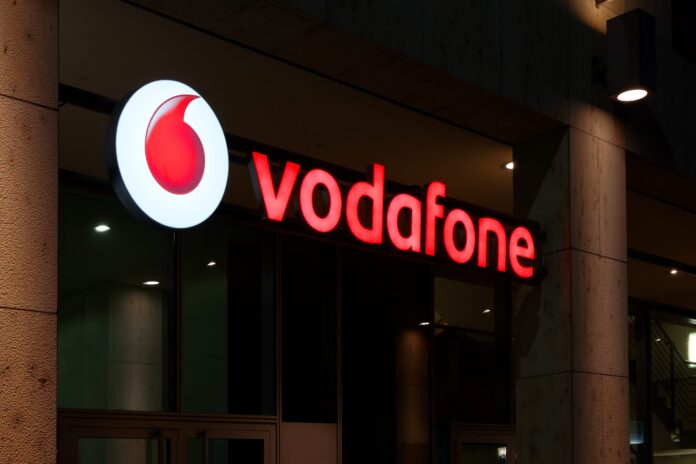Vodafone noted that the deployment of 5G SA nationwide will unlock $3.94 billion for the country’s economy
The deployment of nationwide 5G Standalone (SA) will transform road and rail journeys in the U.K., unlocking £3 billion ($3.94 billion) for the country´s economy, according to a recent modeling by Vodafone and WPI Strategy.
The nationwide deployment of 5G SA networks in the U.K. is expected to add £1 billion to the local economy per year through improved connectivity for remote workers on trains, while also saving regular road users £2 billion on fuel each year. The modeling used new survey data on working and connectivity patterns on trains to estimate that there could be up to 28.2 million train journeys every year in the U.K. where people want to work, but don’t due to poor connectivity. They estimate that these journeys could be transformed into £1 billion in extra productivity for the UK economy. It also revealed train users would save 26 million hours through reduced delays.
The role 5G SA can play in helping reduce train delays amounts to a £10 million saving in delay compensation that could be reinvested into critical infrastructure. Meanwhile, reduced congestion and journey delays for freight drivers thanks to 5G-connected devices on the UK’s roads would equate to productivity savings of £140 million per year for businesses in the sector by reducing traffic, making journeys smarter, and deliveries more time efficient.
Andrea Donà, chief network officer at Vodafone UK, said: “The national rollout of a 5G SA network has the potential to transform connectivity on the U.K.’s roads and railways. Across road and rail alone, it could unlock £3bn a year for the U.K. through boosted productivity and by saving fuel costs through smoother journeys.”
“Without the proposed merger between Vodafone UK and Three UK, the U.K. misses out on an £11bn self-funded infrastructure investment to deliver 5G Standalone to 95% of the population by 2030 and 99% of the U.K. population by 2034,¨the executive added.
Last year, Vodafone UK, which is owned by Vodafone Group and Three UK, owned by CK Hutchison Holdings, had announced a new joint venture agreement that would bring their operations under a single network provider. Under the terms of the proposed merger, Vodafone will own 51% of the new entity while Hutchison Group will own 49%.
Vodafone and Three recently reiterated opposition with the country’s Competition and Markets Authority (CMA)’s provisional findings regarding their proposed merger, stating that the transaction is pro-competitive.
Vodafone and Three noted they are actively engaging with the CMA and remain optimistic about securing approval. Their response to the CMA’s remedies notice includes several additional commitments aimed at addressing the concerns raised.
In their upcoming response to the CMA’s provisional findings, Vodafone and Three said they will lay out in detail why the merger will promote growth, enhance customer experiences, encourage investment and foster competition.
The CMA’s final decision on the merger is expected on December 7.
Last month, an in-depth investigation carried out by the CMA has identified competition concerns related to Vodafone’s planned merger with Three.
The investigation, led by an independent inquiry group, has provisionally concluded that the merger would lead to price increases millions of mobile customers in the U.K., or see customers get a reduced service such as smaller data packages in their contracts.
The regulator has also provisionally found that the merger between Vodafone and Three would negatively impact MVNOs because it would reduce the number of network operators from the current four to three making it more difficult for MVNOs to secure competitive terms for their offerings.
As a result, the CMA has provisionally concluded that the merger would lead to a substantial lessening of competition in the U.K. in both retail and wholesale mobile markets.
The body outlined various remedy options it is set to investigate. These include “binding investment commitments overseen by the sector regulator, and measures to protect both retail customers and customers in the wholesale market”.
The CMA also said it will retain the option to prohibit the merger should it conclude that other remedy options will not address its competition concerns effectively.

